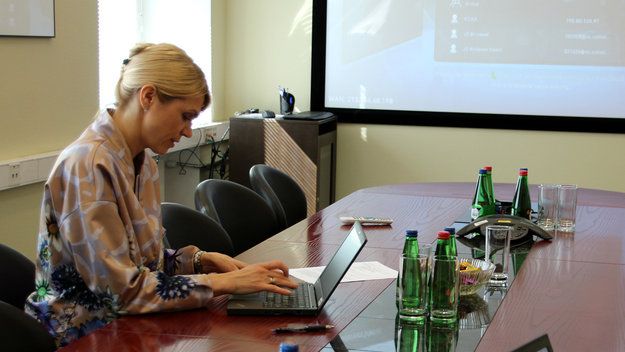“An organization, and ultimately its impact, can be fundamentally defined by how it manages the dual challenge of innovating and building on its existing strengths, or ‘scaling’ as Johanna Mair and Christian Seelos suggest in their new book, Innovation and Scaling for Impact.”
Category: governance – Page 21


Instagram’s Kevin Systrom Wants to Clean Up the Internet — by Nicholas Thompson | WIRED
“To Systrom, it’s pretty simple: Freedom of speech does not mean the freedom to @&#$post.”


Why driverless cars might not hit the road so fast — By Scott Nyquist | LinkedIn
“In May, GM spent $1 billion to buy Cruise Automation, a small startup with promising self-driving software.”

Floating City Project Wants To Make An ‘Unregulated’ Hub Of Scientific Research
In the hopes of rising above the laws and regulations of terrestrial nations, a group of Silicon Valley millionaires has bold plans to build a floating city in Tahiti, French Polynesia. It sounds like the start of a sci-fi dystopia (in fact, this is the basic premise behind the video game Bioshock), but the brains behind the project say their techno-libertarian community could become a paradise for technological entrepreneurship and scientific innovation.
The Seasteading Institute was set up in 2008 by billionaire PayPal founder Peter Thiel and software engineer, poker player, and political economic theorist Patri Friedman. Both ardent libertarians, their wide-eyed mission is to “establish permanent, autonomous ocean communities to enable experimentation and innovation with diverse social, political, and legal systems.”
“Seasteading will create unique opportunities for aquaculture, vertical farming, and scientific and engineering research into ecology, wave energy, medicine, nanotechnology, computer science, marine structures, biofuels, etc,” their website reads.

A Brief History of Free Money — By Matthew Heimer | Fortune
“[T]he idea is hardly new: In fact, it has resurfaced repeatedly over the centuries at times of economic transformation, winning allies across the ideological spectrum.”
Misunderstanding Terrorism — With Marc Sageman | Radio Cafe
There is a radio edit (about one half hour) and an unabridged version (about one hour long).

World Economic Forum blockchain report calls for ‘multi-stakeholder collaboration’ — By Ian Allison | International Business Times
“A report outlining how blockchain technology will usher in a new era of the internet has been published by the World Economic Forum at its 11th Annual Meeting of the New Champions, taking place on 27–29 June in Dalian, People’s Republic of China.”

First digital signature between ESA and Estonia on ICT collaboration for space
As part of of ESA’s 268th council on 13 June, Urve Palo, Minister of Entrepreneurship and Information Technology of the Republic of Estonia, and Jan Woerner, ESA Director General, digitally signed a Memorandum of Understanding on Information and Communications Technology collaboration. It is the first digital signature performed at ESA.
“I am happy to see that the digital signature has found its way to the European Space Agency,” noted Ms Palo. “I and every other Estonian use it on a daily basis, saving up to five working days per year by this solution.”
“Estonia is proud to share its experience in digital management and e-governance with ESA and to contribute with this strength to the evolution of the European Space 4.0 endeavour. The next step would be to take e-state solutions to space and be part of the development of the Moon Village.”